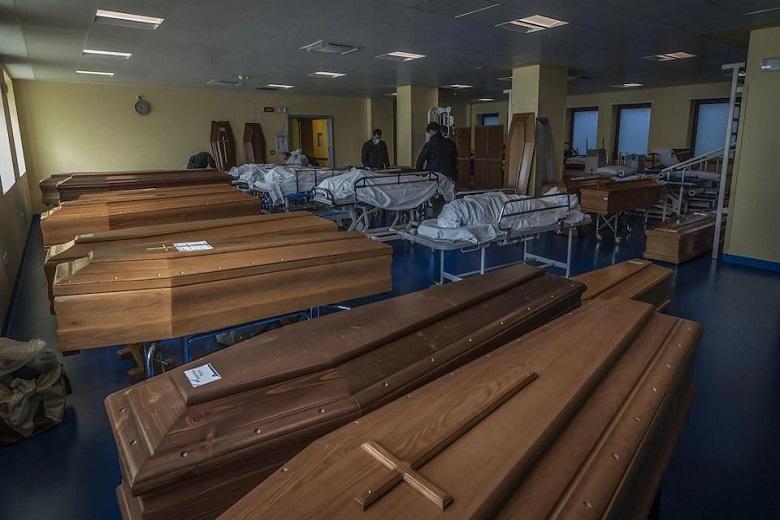The Covid-19 continues to decimate humanity. This deadly lung disease, one of the rare ones of our contemporary era, is far from being among the most dangerous.
Covid-19 or the new coronavirus is the latest in global pandemics, after HIV-AIDS. To date, this virus has claimed more than 1.7 million victims in 185 countries around the world, of which more than 102,000 have died.
However, before the coronavirus, certain diseases decimated the planet. We list the ten most deadly of them.
The Plague of Athens
With around 65,000 dead, the plague in Athens is considered to be the oldest pandemic in the world. It would have taken place between 430 and 426 BC in Ancient Greece.
The Antonine Plague
It would have made nearly 10 million deaths between 166 and 189 in Mesopotamia, before reaching Rome.
The Plague of Justinian
Killing between 25 to 100 million people, the plague of Justinian would have started in Egypt in 541 before reaching the rest of the world.
Black Plague
For six years, between 1347 and 1353, the black plague killed between 25 and 34 million people in Europe.
Yellow fever
Even today, it remains relevant in several parts of the world, particularly in Latin America and sub-Saharan Africa. Yellow fever is one of the most severe pandemics in history.
Cholera
It is one of the oldest diseases still present in our era. Each year, cholera kills 1.3 to 4 million victims, between 21,000 and 143,000 of whom die.
Spanish flu
It appeared at the end of the First World War, and the Spanish flu is one of the most devastating that has ever existed. It officially estimated that 20 million to 50 million people died worldwide.
Asian flu
Like the coronavirus, It was in China that the Asian flu appeared in China in 1956 and then affected everyone. It caused the death of 4 million people.
Hong Kong flu
It started in 1968 and lasted until 1970. The Hong Kong flu killed 1 million people.
AIDS
With more than 35 million victims worldwide, the virus responsible for AIDS, HIV was discovered in 1981. However, the disease had been present since 1920, having appeared in Kinshasa, the capital of the Democratic Republic of the Congo.
